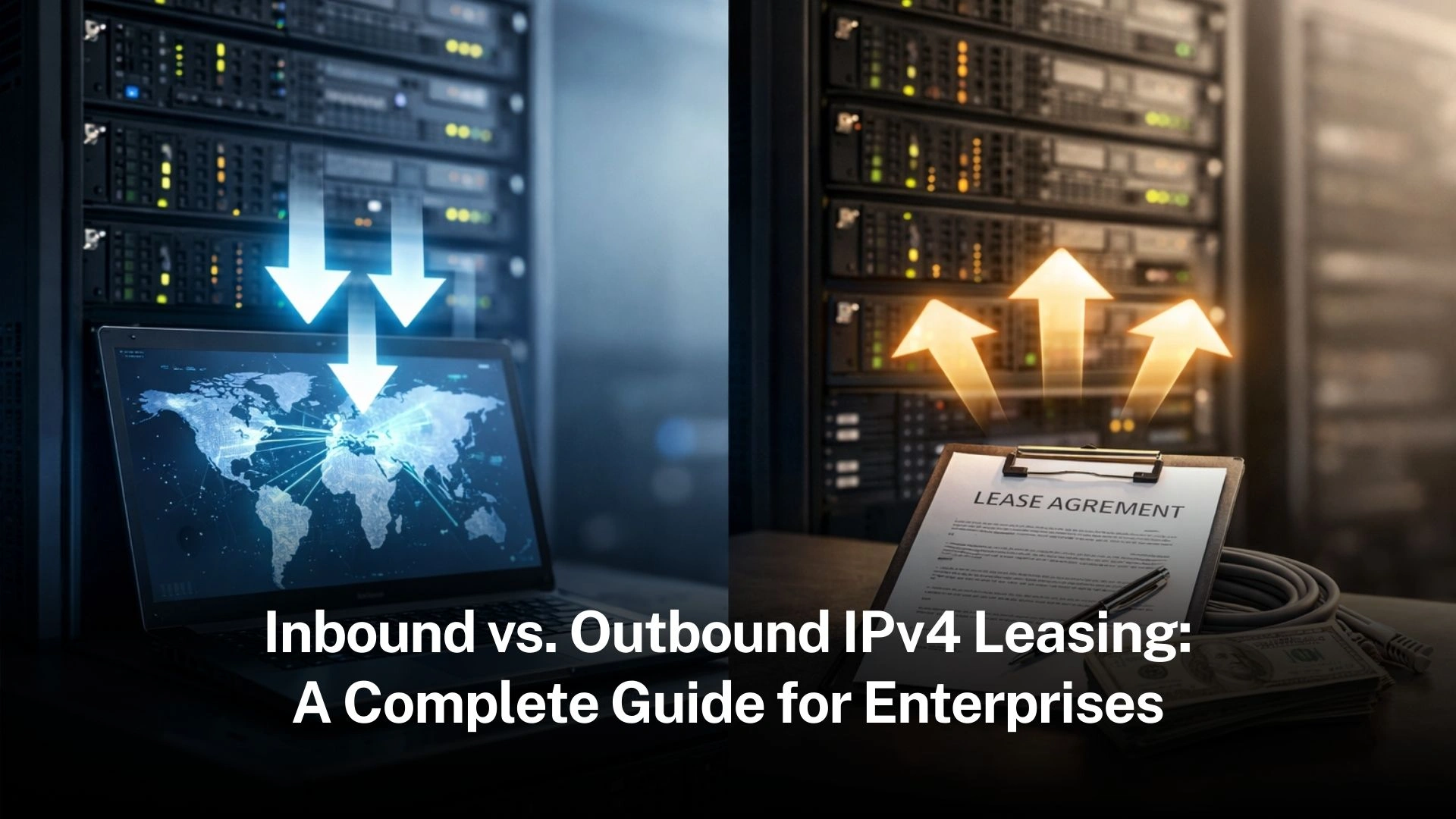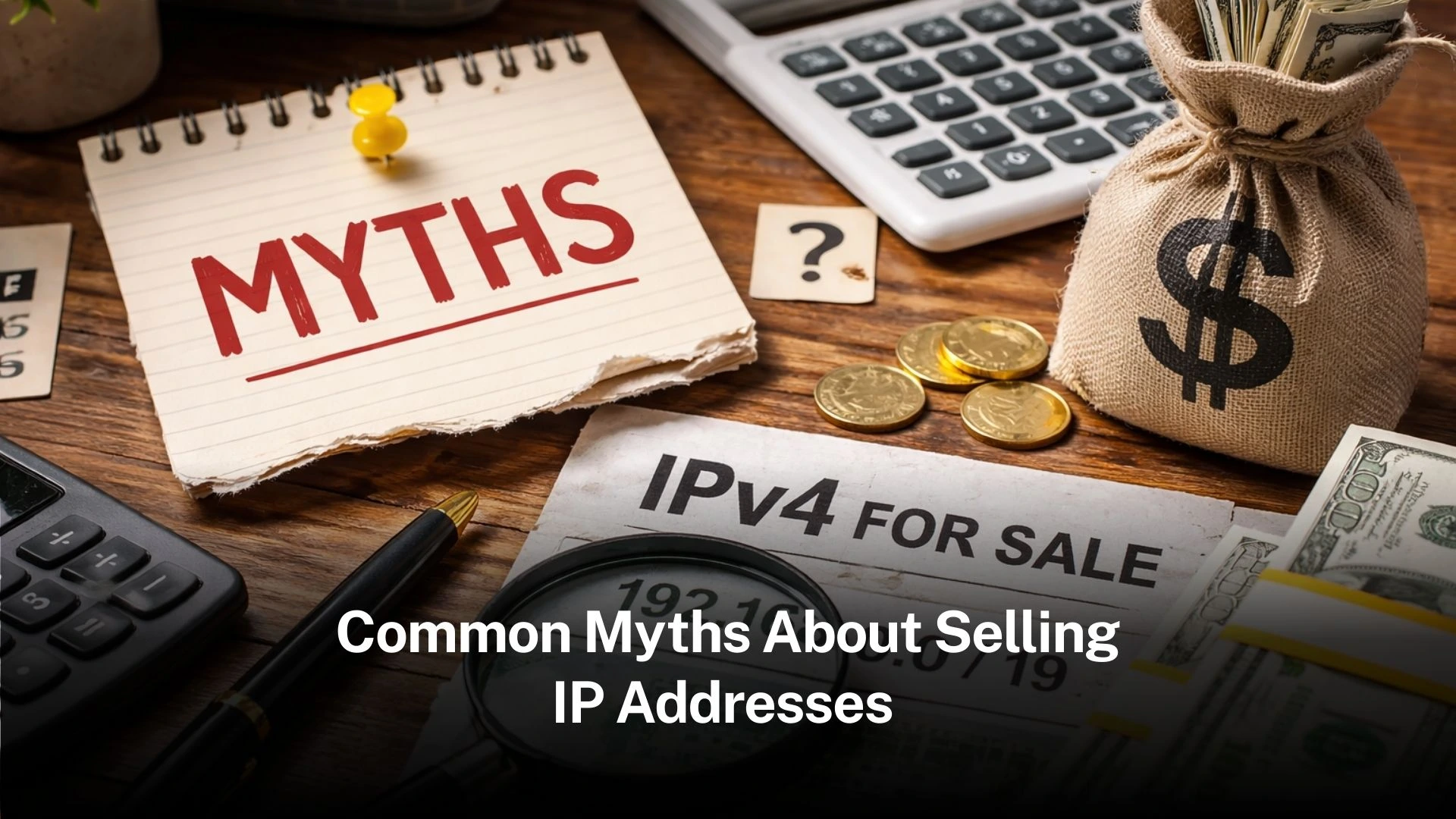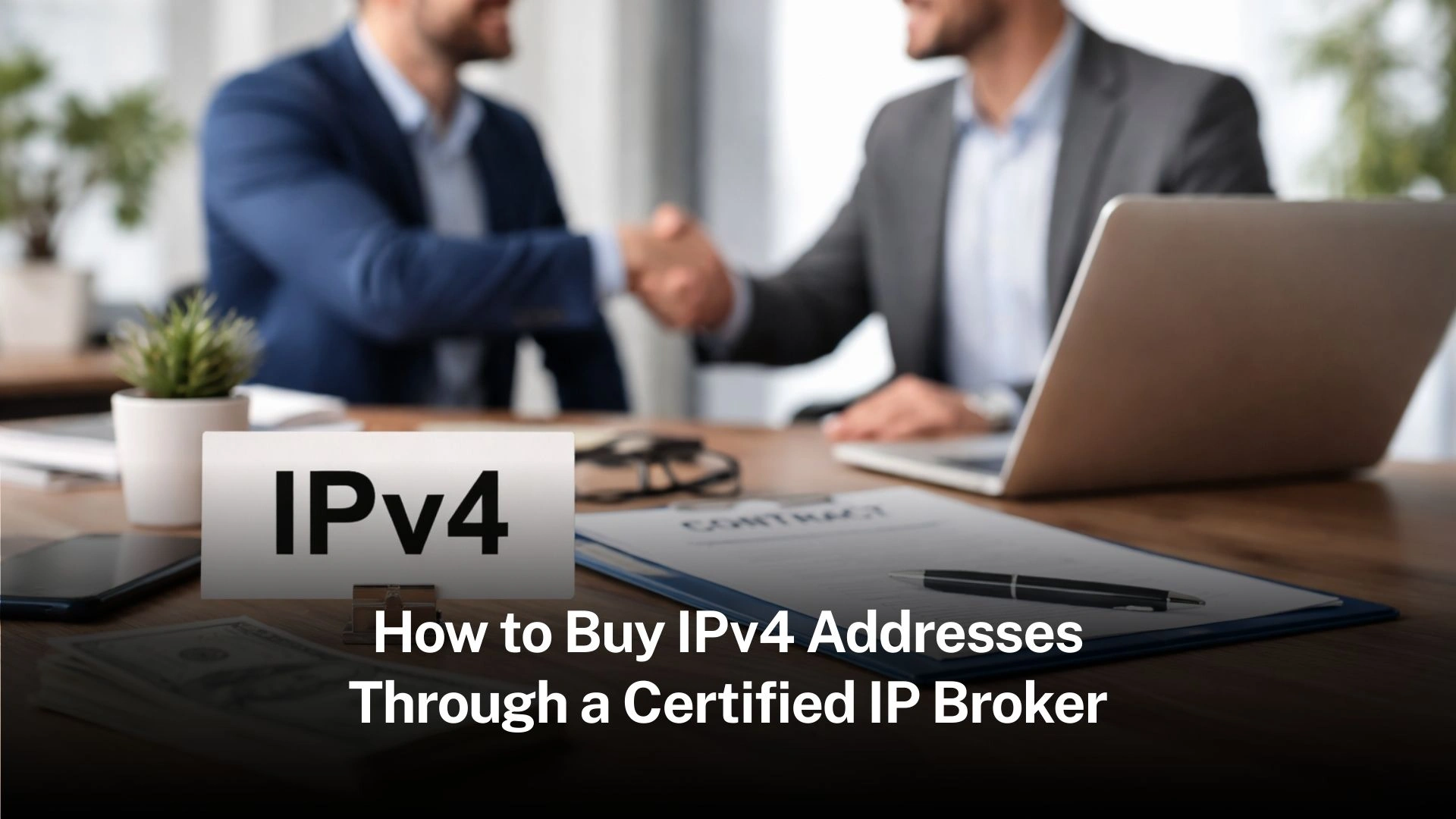How Many Bits are There in an IPv4 Address?

An IPv4 address has 32 bits. But to understand what this truly means, let’s look into what bits are and what an IP address space is.
Table of Contents
1.0 What are bits anyway?
“Bits ” is short for “binary digits.” A system that uses bits has two states: 0 and 1. By arranging bits in various patterns, we can have different number combinations that we can use as IP addresses.
The series of numbers below is an example of a 32 -bit address:
1000000.10101000.00000001.00001010
Notice that each section, separated by dots, has eight spaces in it. Four of these eight spaces make 32 bits.
Because 1000000.10101000.00000001.00001010 is difficult to read for humans, we represent these bits as decimal numbers on an IPv4 address. That binary combination, when converted to decimal, becomes: 192.168.1.10.
2.0 What is an address space?
Address space refers to the range of unique IP addresses that can be assigned. For example, in IPv4, the address space is the range of all possible ways that 32-bits can be combined.
Since IPv4 is a 32-bit system, you can calculate the possible combinations of IPv4 as follows: two to the power of 32. Therefore, the number of possible IPv4 combinations is 4,294,967,296.
In IPv6, the address space is the range of all possible 128-bit combinations. It’s a huge number: two to the power of 128. That’s a huge number that looks like this:
340,282,366,920,938,000,000,000,000,000,000,000,000
Because IPv6 holds such a big address space, it’s only natural that we want to transition to it. In fact, many companies and institutions are now investing in equipment and technology to shift to IPv6.
IPv6 was developed to address the limitations of the IPv4 address space. IPv6 addresses are typically written in the following format:
a. Hexadecimal: Using numbers and letters, as opposed to just numbers in IPv4.
b. Colons: Colons are used to separate values, unlike dots that are used in IPv4.
This is an example of an IPv6 address: 2001:0db8:85a3:0000:0000:8a2e:0370:7334.
This format holds a much larger address space. This expanded address space is designed to accommodate the growing number of devices and services connected to the internet.
3.0 Advantages of a larger bit size
a. Larger Address Space:
The most obvious advantage of having more bits is the ability to represent a larger range of unique values.
In the case of IPv6, the 128-bit address space provides a much larger number of unique addresses compared to the 32-bit address space of IPv4. This allows us an almost unlimited number of devices and networks to be connected to the Internet without running out of address space.
b. Addressing Flexibility:
With more bits, addressing schemes can be more structured. IPv6, for example, allows you to create multiple levels of subnets and hierarchical address assignment. This can help improve network management and organization.
c. Easier Address Assignment:
With IPv4, address shortages led to the use of techniques like Network Address Translation (NAT) to share a single public IP address among multiple devices. In IPv6, every device can have a unique address without the need for NAT.
d. Enhanced Security:
IPv6 includes built-in support for features like IPsec, which provides enhanced security and authentication at the IP layer. This is important for securing communication over the Internet and ensuring data integrity.
e. Future-Proofing:
You will no longer need to worry about running out of IP addresses. Switching to IPv6 means creating a network infrastructure that is future-proof.
f. Better Autoconfiguration:
IPv6 is designed for improved autoconfiguration. This means that you no longer have to manually configure devices that are within your network.
4.0 Close thoughts
There are only 32 bits in an IPv4 address — it’s an incredibly limited space if you think about how many devices are connecting to the Internet these days.
The switch to IPv6 is on the way but IPv4s remain an important gateway for connecting to the Internet. If you are in need of an IPv4, leasing can be your option to get these limited resources.You can easily lease an IPv4 address from a reputable company like i.lease.
Related Article
Related Posts

Inbound vs. Outbound IPv4 Leasing: A Complete Guide for Enterprises
Understanding IPv4 leasing helps enterprises manage scarce address space, reducing risk and unlocking strategic growth opportunities in today’s digital economy. Key points Distinguishes between inbound (leasing in) and outbound (leasing out) IPv4 approaches and their strategic implications. Highlights contract structures, registry risk management and continuity considerations affecting global number resources. Inbound vs. outbound IPv4 leasing: complete enterprise guide In the post-exhaustion era of Internet Protocol version 4 (IPv4),Read more Related Posts Inbound vs. Outbound IPv4 Leasing: A Complete Guide for Enterprises Understanding IPv4 leasing helps enterprises manage scarce address space, reducing risk and unlocking strategic growth opportunities in today’s digital economy. Key Read more Common Myths About Selling IP Addresses The IPv4 secondary market is often shrouded in mystery, leading many organizations to sit on valuable digital assets because they Read more How to turn idle IPv4 addresses into a recurring revenue stream with iLease Unlock the hidden value of unused IPv4 addresses with iLease, turning dormant digital infrastructure into a recurring revenue stream while Read more .related-post {} .related-post .post-list { text-align: left; } .related-post .post-list .item { margin: 5px; padding: 10px; } .related-post .headline { font-size: 18px !important; color: #999999 !important; } .related-post .post-list .item .post_thumb { max-height: 220px; margin: 10px 0px; padding: 0px; display: block; } .related-post .post-list .item .post_title { font-size: 16px; color: #3f3f3f; margin: 10px 0px; padding: 0px; display: block; text-decoration: none; } .related-post .post-list .item .post_excerpt { font-size: 13px; color: #3f3f3f; margin: 10px 0px; padding: 0px; display: block; text-decoration: none; } @media only screen and (min-width: 1024px) { .related-post .post-list .item { width: 30%; } } @media only screen and (min-width: 768px) and (max-width: 1023px) { .related-post .post-list .item { width: 90%; } } @media only screen and (min-width: 0px) and (max-width: 767px) { .related-post .post-list .item { width: 90%; } }

Common Myths About Selling IP Addresses
The IPv4 secondary market is often shrouded in mystery, leading many organizations to sit on valuable digital assets because they fear the perceived complexity or legal “gray areas.” As IPv4 exhaustion becomes a permanent reality, the value of these addresses has skyrocketed, yet misconceptions continue to stall potential transactions. At i.lease, powered by the real-world expertise of LARUS, we’ve seen how these myths prevent companies from unlocking significant capital.Read more Related Posts Inbound vs. Outbound IPv4 Leasing: A Complete Guide for Enterprises Understanding IPv4 leasing helps enterprises manage scarce address space, reducing risk and unlocking strategic growth opportunities in today’s digital economy. Key Read more Common Myths About Selling IP Addresses The IPv4 secondary market is often shrouded in mystery, leading many organizations to sit on valuable digital assets because they Read more How to turn idle IPv4 addresses into a recurring revenue stream with iLease Unlock the hidden value of unused IPv4 addresses with iLease, turning dormant digital infrastructure into a recurring revenue stream while Read more .related-post {} .related-post .post-list { text-align: left; } .related-post .post-list .item { margin: 5px; padding: 10px; } .related-post .headline { font-size: 18px !important; color: #999999 !important; } .related-post .post-list .item .post_thumb { max-height: 220px; margin: 10px 0px; padding: 0px; display: block; } .related-post .post-list .item .post_title { font-size: 16px; color: #3f3f3f; margin: 10px 0px; padding: 0px; display: block; text-decoration: none; } .related-post .post-list .item .post_excerpt { font-size: 13px; color: #3f3f3f; margin: 10px 0px; padding: 0px; display: block; text-decoration: none; } @media only screen and (min-width: 1024px) { .related-post .post-list .item { width: 30%; } } @media only screen and (min-width: 768px) and (max-width: 1023px) { .related-post .post-list .item { width: 90%; } } @media only screen and (min-width: 0px) and (max-width: 767px) { .related-post .post-list .item { width: 90%; } }

How to buy IPv4 addresses through a certified IP broker
Buying IPv4 space requires policy compliance, verified need, and registry approval, making certified IP brokers essential guides through complex global transfers. IPv4 transactions are regulated transfers, not simple purchases — registries must approve documentation, justification and registration changes. Certified brokers reduce risk and delay by aligning buyers with registry policy, routing legitimacy and cross-region requirements. Why companies still need to buy IPv4 addresses The global supply of IPv4 addressesRead more Related Posts Inbound vs. Outbound IPv4 Leasing: A Complete Guide for Enterprises Understanding IPv4 leasing helps enterprises manage scarce address space, reducing risk and unlocking strategic growth opportunities in today’s digital economy. Key Read more Common Myths About Selling IP Addresses The IPv4 secondary market is often shrouded in mystery, leading many organizations to sit on valuable digital assets because they Read more How to turn idle IPv4 addresses into a recurring revenue stream with iLease Unlock the hidden value of unused IPv4 addresses with iLease, turning dormant digital infrastructure into a recurring revenue stream while Read more .related-post {} .related-post .post-list { text-align: left; } .related-post .post-list .item { margin: 5px; padding: 10px; } .related-post .headline { font-size: 18px !important; color: #999999 !important; } .related-post .post-list .item .post_thumb { max-height: 220px; margin: 10px 0px; padding: 0px; display: block; } .related-post .post-list .item .post_title { font-size: 16px; color: #3f3f3f; margin: 10px 0px; padding: 0px; display: block; text-decoration: none; } .related-post .post-list .item .post_excerpt { font-size: 13px; color: #3f3f3f; margin: 10px 0px; padding: 0px; display: block; text-decoration: none; } @media only screen and (min-width: 1024px) { .related-post .post-list .item { width: 30%; } } @media only screen and (min-width: 768px) and (max-width: 1023px) { .related-post .post-list .item { width: 90%; } } @media only screen and (min-width: 0px) and (max-width: 767px) { .related-post .post-list .item { width: 90%; } }